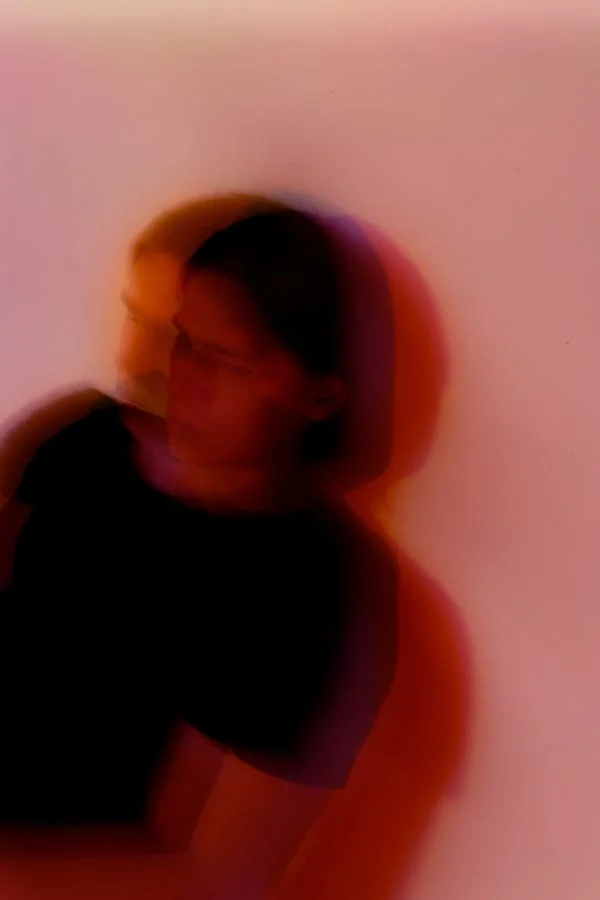Cannabis withdrawal is a set of symptoms that occur when someone who regularly uses cannabis stops or reduces their use. While many people may believe that cannabis is not addictive, research has shown that it can be, and withdrawal symptoms can occur in up to 50% of regular users who try to quit. These symptoms can range from mild to severe and may include both physical and psychological symptoms.
One common symptom of cannabis withdrawal is perceptual disturbance, which includes changes in sensory perception such as increased sensitivity to light, sound, and touch, as well as hallucinations and delusions. These symptoms can be frightening and may lead to anxiety and other psychological symptoms. People who experience perceptual disturbances during cannabis withdrawal may benefit from supportive therapy and medication to manage their symptoms.
However, not all individuals who experience cannabis withdrawal will have perceptual disturbances. Many people may experience physical symptoms such as headaches, nausea, and insomnia, as well as psychological symptoms such as irritability, anxiety, and depression. These symptoms can be managed with a combination of behavioral therapy, medication, and other supportive measures.
For those who do experience perceptual disturbances during cannabis withdrawal, it is important to seek medical attention as soon as possible. This can help ensure that the individual receives the appropriate treatment and support to manage their symptoms effectively. It is also important to note that some individuals may be more susceptible to perceptual disturbances during cannabis withdrawal due to underlying mental health conditions or other factors.
In addition to seeking medical attention, individuals who are experiencing cannabis withdrawal should also consider seeking support from friends, family, or a professional support group. This can help them to stay motivated and focused on their recovery, as well as provide them with the support they need to manage their symptoms effectively.
It is important for individuals who are experiencing cannabis withdrawal to remember that their symptoms will typically improve over time. While it may take several weeks or even months for the individual to fully recover, with the appropriate support and treatment, they can successfully overcome their addiction.





